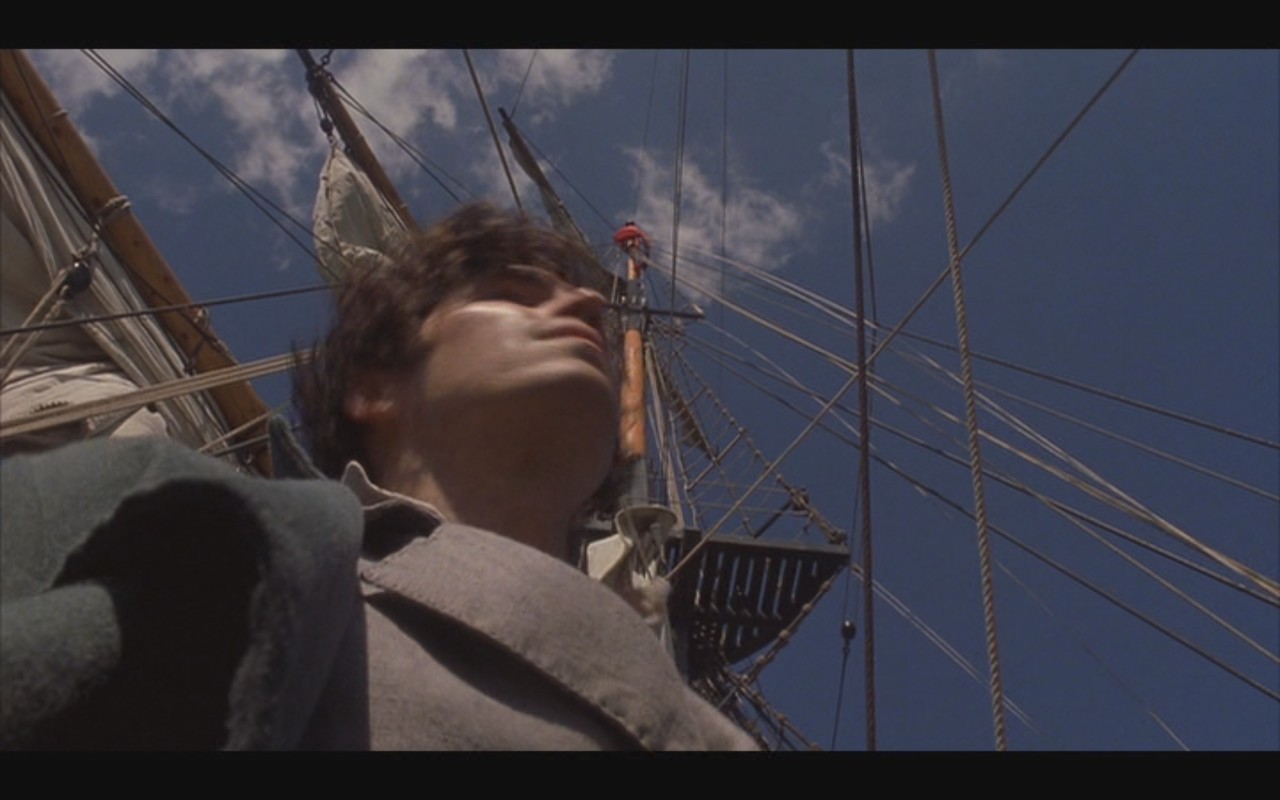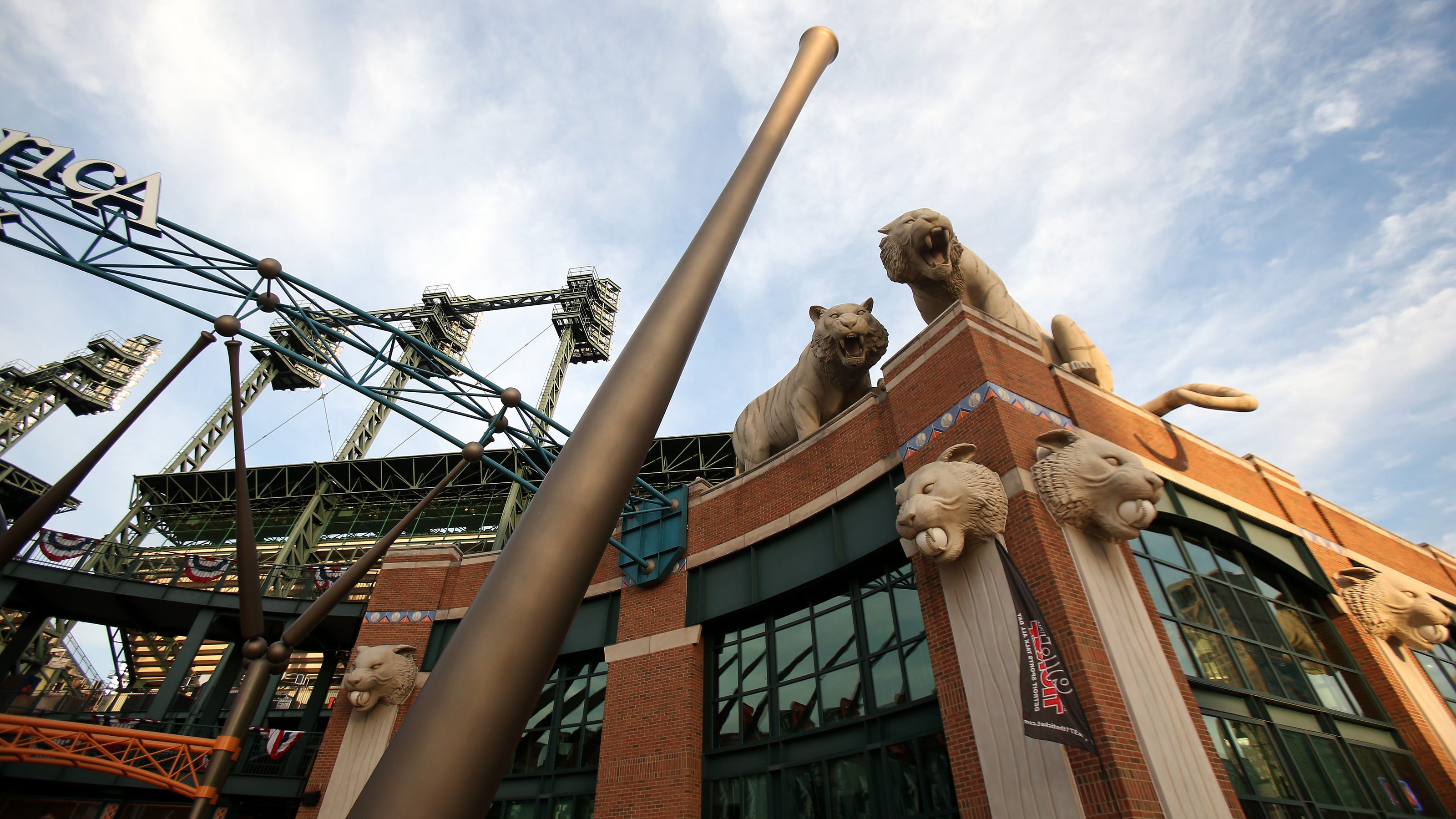Is The Count Of Monte Cristo Still Relevant Today? A Critical Review

Table of Contents
Themes of Revenge and Justice in a Modern Context
The Timeless Allure of Revenge
The psychological complexities of revenge form the very core of The Count of Monte Cristo. Edmond Dantès's quest for vengeance, while morally ambiguous, taps into a primal human response to injustice. This enduring allure of revenge is mirrored in countless modern narratives.
- Modern Examples: From the anti-hero narratives in shows like Dexter and Peaky Blinders to the morally grey protagonists of films like John Wick, the pursuit of revenge continues to fascinate and intrigue audiences. Even seemingly lighthearted stories often touch on the desire for retribution.
- Moral Ambiguity: Dumas masterfully portrays the moral compromises Edmond makes in his quest. His actions, while understandable given his suffering, raise crucial questions about the nature of justice and the potential corrupting influence of revenge. Is justice truly served through revenge, or does it simply perpetuate a cycle of violence? This complex moral landscape remains a source of debate and discussion today.
- Motivations: Edmond Dantès's motivations—the desire for justice, the need for retribution, and the yearning for restoration of his stolen life—are timeless and universally relatable. We see echoes of these motivations in modern individuals who fight for justice against overwhelming odds.
Justice and the Legal System
The Count of Monte Cristo offers a scathing critique of the 19th-century French legal system, highlighting its susceptibility to corruption, manipulation, and injustice. This critique remains strikingly relevant today.
- Then and Now: While the specifics of the legal system have evolved, the fundamental issues of fairness, corruption, and inequality continue to plague modern judicial systems worldwide. Wrongful imprisonment, biased proceedings, and the influence of wealth and power remain significant concerns.
- Modern Injustices: The novel's exploration of wrongful imprisonment and its devastating consequences finds disturbing parallels in modern cases of miscarriages of justice and the disproportionate incarceration of marginalized communities.
- Consequences of Injustice: Dumas masterfully illustrates the far-reaching consequences of injustice, both for the victims and for society as a whole. The story's enduring power lies in its ability to make us confront the systemic flaws that allow such injustices to occur.
Exploring Enduring Character Archetypes
Edmond Dantès: A Relatable Anti-Hero
Edmond Dantès is not a simple hero; he is a complex and compelling anti-hero, whose transformation from innocent victim to vengeful mastermind fascinates readers.
- Modern Anti-Heroes: The character of Edmond Dantès prefigures the modern anti-hero trope, exemplified in characters like Walter White from Breaking Bad or Tony Soprano from The Sopranos. These characters, like Dantès, are flawed yet compelling, often engaging in morally questionable acts while still retaining a certain level of sympathy from the audience.
- Moral Compromises: Dantès’s journey forces him to make difficult moral compromises, blurring the lines between justice and revenge. This internal struggle resonates with contemporary audiences who grapple with similar ethical dilemmas.
- Contemporary Resonance: His unwavering determination to achieve justice, even through morally ambiguous means, reflects the enduring human spirit’s resilience in the face of adversity.
The Villains and Their Modern Equivalents
The villains of The Count of Monte Cristo – Danglars, Fernand Mondego, and Villefort – represent timeless archetypes of greed, ambition, and betrayal.
- Modern Equivalents: These characters find their counterparts in modern society: the ruthless businessmen, corrupt politicians, and manipulative individuals who use power and influence for personal gain. Think of corporate scandals, political corruption, or even social media influencers who exploit their followers.
- Timeless Vices: The novel's exploration of greed, ambition, and betrayal resonates deeply because these vices remain timeless aspects of human nature. The consequences of such actions, as depicted in the novel, continue to hold a cautionary power.
The Count of Monte Cristo's Literary and Cinematic Legacy
The Novel's Continued Influence on Literature and Film
The Count of Monte Cristo has had a profound impact on subsequent literature and film. Its enduring themes and compelling narrative have inspired countless adaptations and reinterpretations.
- Inspired Works: Numerous books, movies, and TV shows have drawn inspiration from The Count of Monte Cristo, borrowing its themes, characters, or narrative structures. Many modern thrillers and revenge narratives owe a debt to Dumas's masterpiece.
- Different Interpretations: Different adaptations of the novel often highlight different aspects of the story, reflecting the ever-evolving cultural landscape and contemporary concerns.
Adapting a Classic for Modern Audiences
Adapting The Count of Monte Cristo for modern audiences presents both challenges and opportunities. Maintaining the story’s essence while making it relevant to contemporary viewers requires careful consideration.
- Target Audiences: Modern adaptations often tailor the story to specific target audiences, altering certain aspects to enhance its appeal and relevance. For instance, some focus on the romance, others on the action, while some choose to modernize the setting.
- Universality of Themes: The novel’s enduring success across various adaptations demonstrates the universality of its themes and their ability to transcend time and cultural contexts.
Conclusion
The Count of Monte Cristo remains remarkably relevant today. Its exploration of revenge, justice, and the complexities of human nature continues to resonate with audiences, while its compelling characters and thrilling plot remain captivating. The novel's enduring power lies in its ability to highlight timeless themes and character archetypes within a historically specific context. The enduring legacy of the Count of Monte Cristo is evident in its countless adaptations, proving that its themes of betrayal, justice, and the enduring human spirit continue to shape modern narratives. Rediscover the timeless power of The Count of Monte Cristo and see for yourself how its themes continue to resonate in the 21st century.

Featured Posts
-
 Ufc 314 Volkanovski Lopes Fight Initial Betting Odds And Predictions
May 04, 2025
Ufc 314 Volkanovski Lopes Fight Initial Betting Odds And Predictions
May 04, 2025 -
 Severe Weather Warning Kolkata And Vicinity Brace For Thunderstorms
May 04, 2025
Severe Weather Warning Kolkata And Vicinity Brace For Thunderstorms
May 04, 2025 -
 Stone To Announce Virginia Derby Meet At Colonial Downs Official Announcement
May 04, 2025
Stone To Announce Virginia Derby Meet At Colonial Downs Official Announcement
May 04, 2025 -
 Fox 2 Simulcasts Red Wings And Tigers Games
May 04, 2025
Fox 2 Simulcasts Red Wings And Tigers Games
May 04, 2025 -
 Lizzos Trainer Shaun T On Ozempic Claims Annoying
May 04, 2025
Lizzos Trainer Shaun T On Ozempic Claims Annoying
May 04, 2025
 Colonial Downs To Host Virginia Derby Stones Official Announcement
Colonial Downs To Host Virginia Derby Stones Official Announcement
